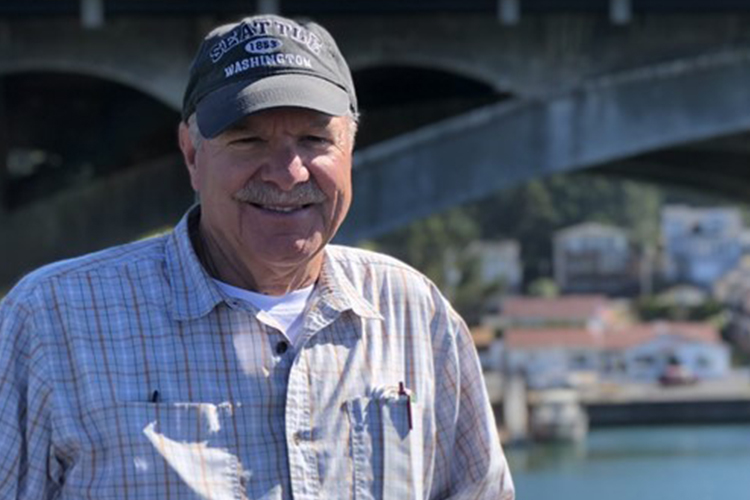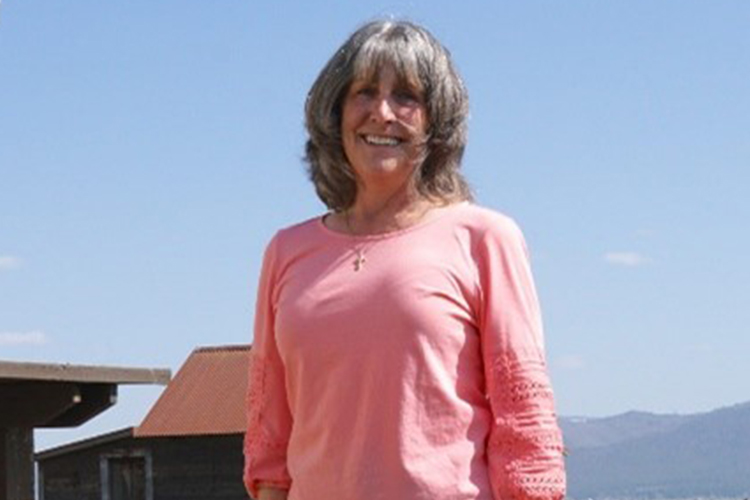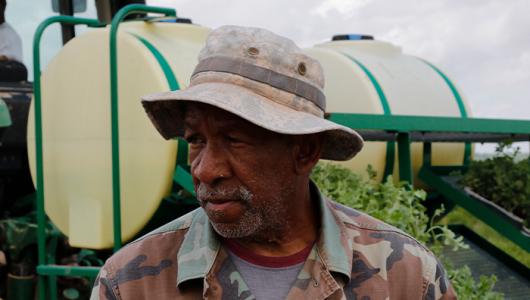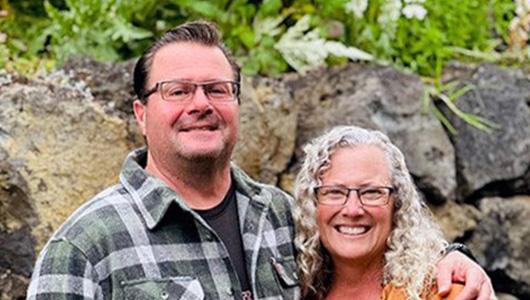The closer you get to the Island Ranch, the louder the cacophony of birdsong. Upon arrival to the Cook home, it’s easy to see why the California property is called “Island Ranch”. The snowmelt-fed wetland complex hosts hundreds—if not thousands—of migratory birds and waterfowl. At a low point in the Sierra Valley, the 280-acre ranch is a watery oasis for species ranging from speckle-belly (Greater Whitefront) geese to Western Kingbirds.
This is no accidental oasis. Although the flood-irrigated wet meadows of the Sierra Valley are a critically important stopover site for the migratory birds of the Pacific Flyway, the Island Ranch’s spectacular habitat value for these birds is a direct result of one man’s passion for wildlife. Dean Cook, who passed away in October of 2021, had an unparalleled drive and passion for taking care of the wetlands that defined his family’s property.
“He loved when the water came in,” said Sharon Cook, Dean’s wife of 40 years. “He’d go out on the levy and go ‘wouldn’t you want to land there if you were a bird?’ He just loved the beauty of the wetlands and the sounds. He just loved it more than anything.”

Although the Cooks bought the property in 2000, a full decade of work went into the house and the wetlands before they moved into the old farmhouse in 2010. A keystone part of that process was securing a 266.55-acre Wetland Reserve Easement (WRE) with USDA’s Natural Resources Conservation Service (NRCS) in California. WRE, an option through the Agricultural Conservation Easement Program (ACEP), offers technical and financial assistance to private landowners and tribes to restore, protect, and enhance wetlands. Often, WREs are undertaken by working farms or ranches to earn money by retiring marginal land from agriculture. But the Cooks enrolled purely out of a desire to keep the wetlands on their property intact.
Dean grew up hunting waterfowl in Humboldt County with his grandfather, brothers, and close friends. Sharon said Dean learned his love for wetlands, as well as a strong ethic of respect for the land, from his grandfather on those hunting excursions.
Dean’s pursuit of WRE was his way of giving back to the land and to the waterfowl that he loved, Sharon said.
Nate Key, WRE Team Leader for NRCS California, worked closely with the Cooks to implement conservation practices on their Island Ranch easement. Nate said Dean was an ideal person to work with when it came to providing technical assistance. He was always curious about what he could do better and was always tinkering with ways to improve the easement. From increasing nesting habitat to improving plant diversity or dealing with erosion issues and keeping the fences intact, Dean was involved. Most of this work was something Dean undertook himself, sometimes with the help of Sharon or their ranch hand.
“Every time I drove by here, if it was daylight hours, you would see Dean outside working on something,” Key said. “Dean was always very enthusiastic to take you on a tour and to show you everything he’d been working on.

Called “Dr. Doolittle” by friends and family because of his affinity for animals, Dean was always keeping tabs on the life around his property, including keeping a close eye on the nesting platforms within binocular view of the house each spring, logging the days, and calculating when the eggs would hatch.
The value that Island Ranch brings to the area, both for wildlife and the people who enjoy it, is something Sharon said would not be possible without the WRE. The permanent protection the easement provides will enable the Cook family—and the Sierra Valley community—to continue enjoying the wetlands far into the future.
Dean’s legacy, sown by his passion and his decades of hard work, will live on in the symphony of calling birds heard at the Island Ranch and throughout the Pacific Flyway.
For more information contact Nate Key, WRE Team Leader, Natural Resources Conservation Service in California.


